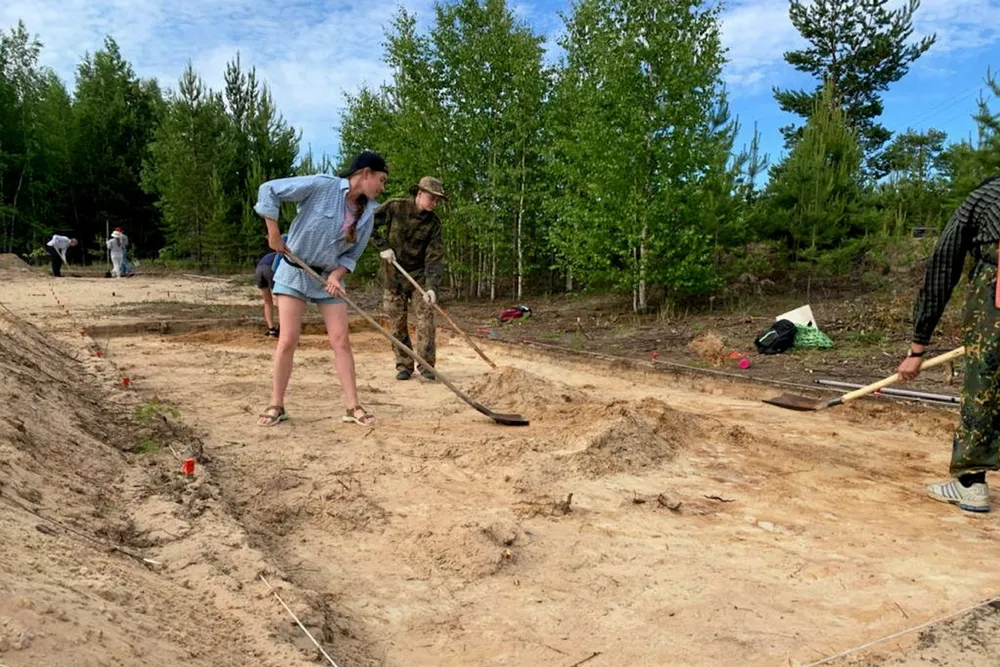Volunteers flock to Russian oilfield excavations
Russian oil producer Lukoil sees already a second oilfield in West Siberia becoming a major archaeology site

Russian oil producer Lukoil sees already a second oilfield in West Siberia becoming a major archaeology site
